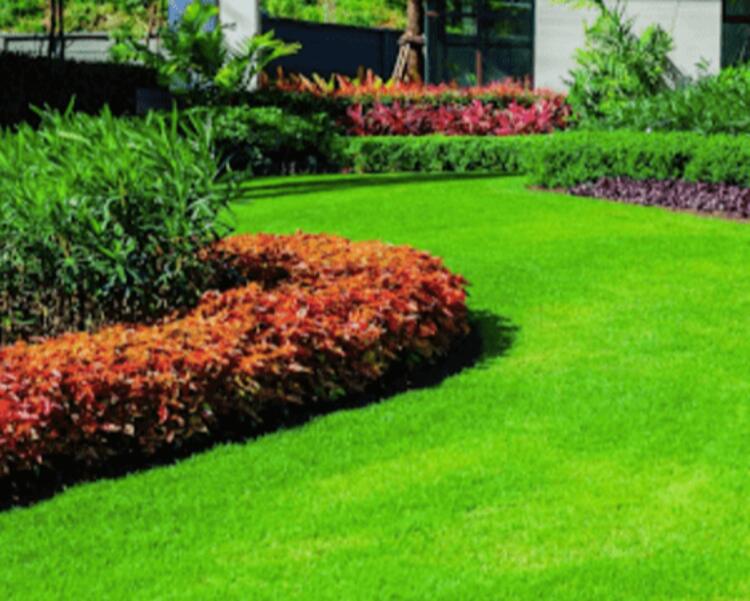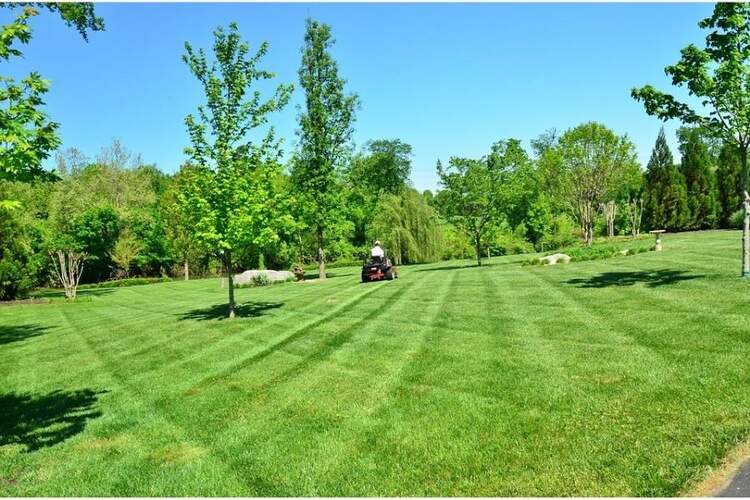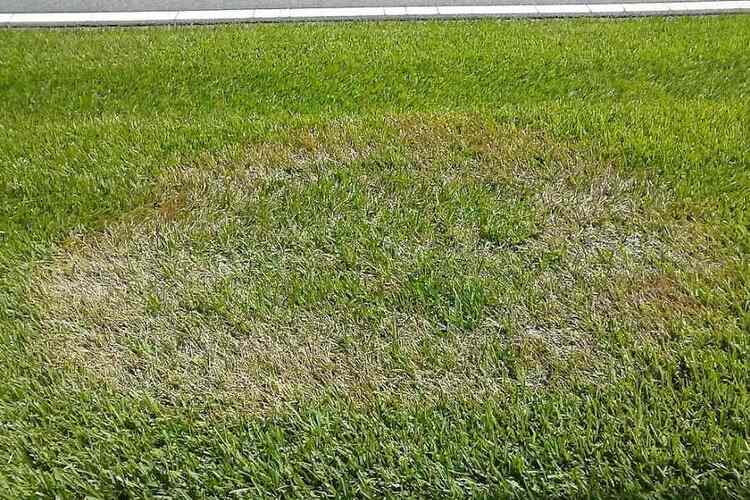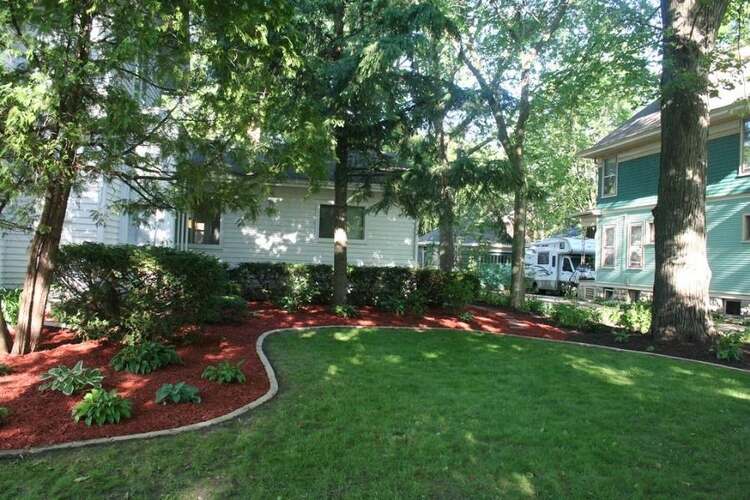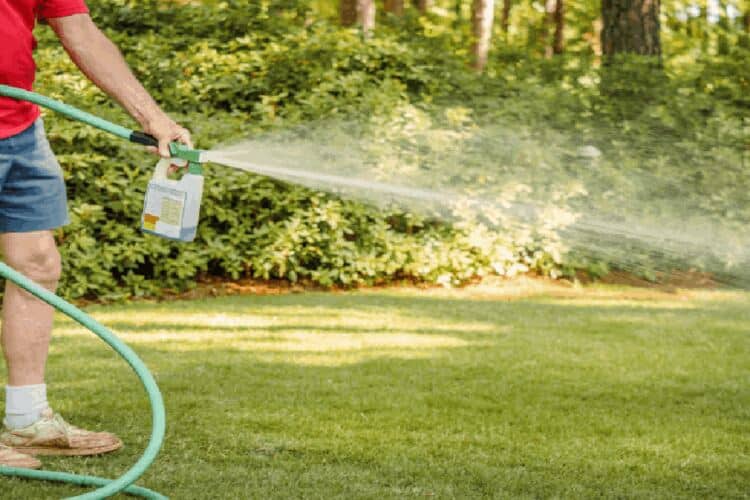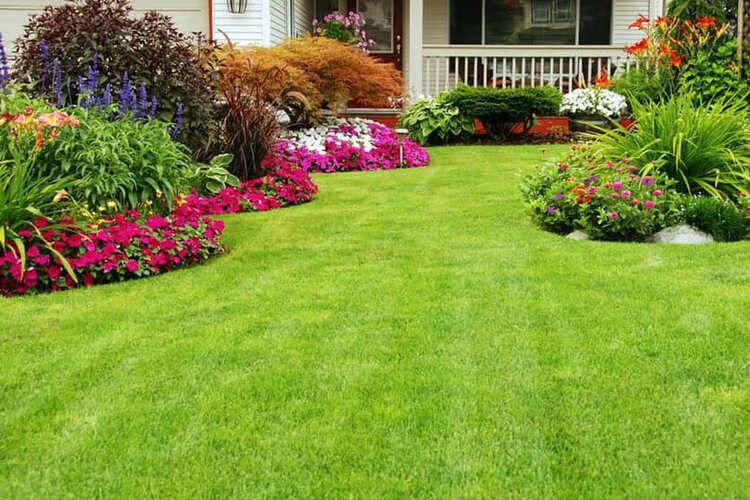Bermuda Grass Vs Crabgrass: Which One Is Better?
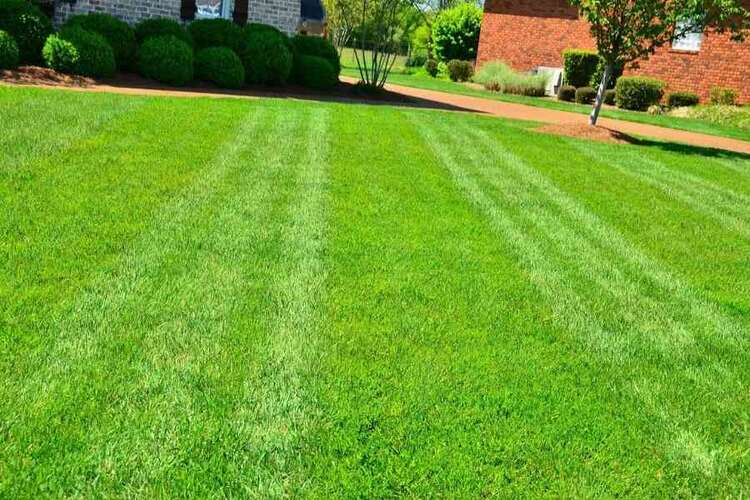
Although there are some similarities between Crabgrass and Bermuda grass, they still differ in many ways. One may appeal to you more than the other. Bermuda grass is a popular choice for lawns, while Crabgrass is considered an invasive weed that develops quickly. This article discusses the distinctions between Bermuda grass and Crabgrass and the benefits and drawbacks of both for your lawn.
Bermuda Grass Vs Crabgrass: Overview and Comparison
Bermuda Grass is native to subtropical and tropical regions. This species seems more susceptible to cold than some other warm-season plants. As a result, you can’t grow it much North. But Crabgrass has faster development and is distributed everywhere. This crabgrass species annoys homeowners since it appears to be nearly impossible to remove.
Bermuda grass tolerates heat, moisture, and salt effectively. Moreover, this turf can withstand drought well. The roots will stay within 6 inches of the topsoil for the most part, but they can penetrate as far as 6 feet underground if necessary. Meanwhile, you can find smooth Crabgrass black leaves up to five inches long on mature plants. The plants also form unattractive clumps that bloom in big, thick bunches.
Read more: Bermuda Grass Vs Fescue: Which Makes A More Stunning Lawn?
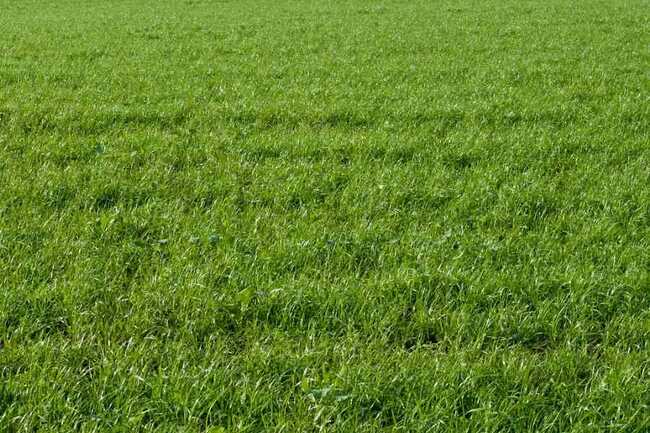
Differences Between Bermuda Grass Vs Crabgrass
There are many points to check when comparing Bermuda grass vs Crabgrass. We will show the difference between crabgrass and Bermuda grass so that you can follow them easily.
Landscape
We use Crabgrass for athletic fields and places with extensive foot traffic, such as sidewalks, since it can withstand pressure without tearing. Bermuda grass can be resistant to weed growth, but it is not completely immune to weeds. Crabgrass, on the other hand, soaks up weed killer more quickly.
Appearance
For texture, Crabgrass is unattractive and rough-textured, while Bermuda grass feels lush underfoot when it is properly maintained. Depending on the stage of development, Bermuda grass may turn brown during the winter months, but it can remain green in warmer climates
Aggressiveness
These plants are vigorous and can cause problems in the landscape. Bermuda grass can be invasive and spread quickly if not properly managed. If not managed by edging, it will expand from a lawn into a bed.
It’s tough to eliminate this species when it grows in areas where it’s not ideal, such as turf made up of other grasses or garden beds. Crabgrass is known for its ability to thrive in harsh conditions, allowing it to expand even while other plants suffer. Its seeds, though, require light to develop. Therefore, it may struggle to establish itself in deep turf or thickly planted beds.
Water requirement
Since the roots of Crabgrass are close to the dirt, they can dry quickly and demand moderate irrigation. On the other hand, Bermuda lawn grass demands more water to grow quickly and nurture itself deeper.
Growth habits
Bermuda lawn grass spreads and forms dense clusters, which may require more frequent mowing. It has broader blades, which keep it green even in the wintertime. Crabgrass develops faster than Bermuda. It has a dark green color and can endure intense foot traffic since its roots are close to the ground, which allows it to drain quickly. To keep this species in good shape, provide it with moderate watering and mowing once a week.
Fertilizer requirement
Bermuda has narrow blades that require less fertilizer. It readily absorbs nutrients. On the other hand, Crabgrass with fine blades needs more fertilizer to thrive. When considering fertilizer, it is important to choose a product that is specifically designed for the type of grass you have. You should also follow the instructions on the label carefully to avoid over-fertilizing your lawn.
Weed resistance
The broad blades of Bermuda make it resistant to weeds. It prevents the seeds of other plants from sprouting in the soil around them. Crabgrass has tiny, delicate blades that readily collect weed killers. People often use this method to eliminate the unwanted growth of this weed.
Pet’s friendliness
Bermuda grass is generally considered pet-friendly, but individual pets may have different reactions. Meanwhile, many gardeners report that Crabgrass is harmful to their pets. This annoying weed doesn’t offer a cozy environment for pets because its sharp edges may slash the paws of cats and dogs.
Grooming requirements
Bermuda blades are fine and broad. Hence, you need to groom the lawn every week to make sure that it always looks good. In contrast, Crabgrass grows in clumps, so that you can mow them together quickly. Hence, the weed requires less grooming.
Shade tolerance
Both Crabgrass and Bermuda grass do not thrive in shaded areas; they require a lot of direct sunlight to thrive. Its roots are close to the surface, which causes them to dry out rapidly. If you want a thriving lawn with both of them, keep the soil wet enough for them to flourish.
Varieties
Bermuda comes in more than 50 distinct varieties all over the world. Bermuda grass can be categorised as seeded or hybrid grass. Seeds reproduce the seeded variety. The grain spreads over the ground once the mature plant releases seeds. Meanwhile, hybrid grass is the result of crossbreeding. It also produces thick grass clumps with slender, green leaves.
There are multiple species of Crabgrass, with some sources estimating around 35. The most popular varieties in North America are short, smooth grasses and hairy, long grasses. Several invasive plants, such as the Asian variety, have also established themselves in many areas.
Comparison Table
| Bermuda | Crabgrass | |
| Landscape | Best for lawn | Best for heavy foot traffic |
| Appearance | Wide, flat blades | Fine blades with uniform texture |
| Aggressiveness | High | Moderate |
| Water requirement | High | Moderate |
| Growth habits | Consistent growing | Fast-growing |
| Fertilizer requirement | Low | High |
| Weed resistance | Good | Poor |
| Pet’s friendliness | Yes | No |
| Grooming requirements | Frequent | Less frequent |
| Shade tolerance | No | No |
| Varieties | 50 | 35 |
Pros And Cons Of Bermuda Grass And Crabgrass
Now you know the features of each option and the pros and cons of crabgrass and Bermuda. We will list some outstanding points right here.
Bermuda
Pros:
- Drought and heat-tolerant
- Ability to recuperate quickly
- Nice touch on barefoot
- Aesthetic
- Resistant to weed killer
- Pet-friendly
Cons:
- High cost for Bermuda grass maintenance
- Aggressive and invasive
Crabgrass
Pros:
- Suitable for heavy foot traffic
- Low maintenance
- Less grooming
- Not very invasive
Cons:
- Not pet-friendly
- Not resistant to weed
- Not aesthetic
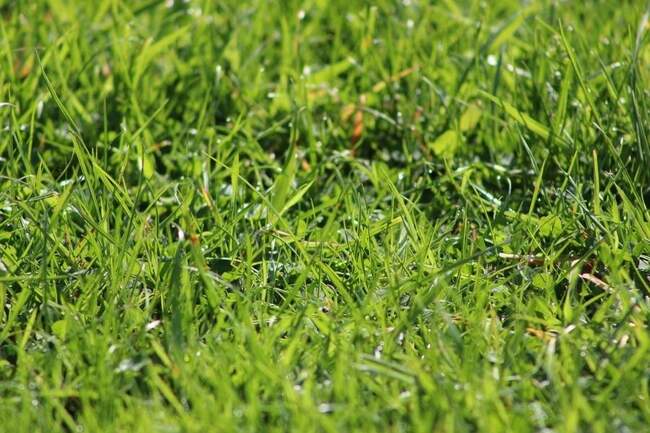
Crabgrass Vs Bermuda Grass: What Should You Choose?
Although Bermuda seems to outweigh its competitor, there are cases where the Crabgrass wins the game. In general, if you do not like to groom your lawn so often, Bermudagrass is a good choice because it grows faster. Because this turf has large blades that do not damage pets and small animals, it creates a pet-friendly habitat. On the other hand, you may not care about the aesthetic appeal of your lawn. You simply like it to look green and energetic all year. So, go for the Crabgrass.
Crabgrass is a warm-season grass, which means that it will turn brown and die in the fall and winter, while Bermuda grass remains green year-round. Bermuda grass is a better choice for year-round greenness, while crabgrass is low-maintenance and pet-friendly.
Conclusion
There’s no doubt that these two species are very similar. Crabgrass and Bermuda are both aggressive growers who will harass and push other species out. However, their differences are sufficient to distinguish them, such that Bermudagrass forms a beautiful lawn while Crabgrass is an unwelcome weed. Hopefully, you will find this article helpful. For any further information about gardening, please feel free to ask. Thank you for reading!


